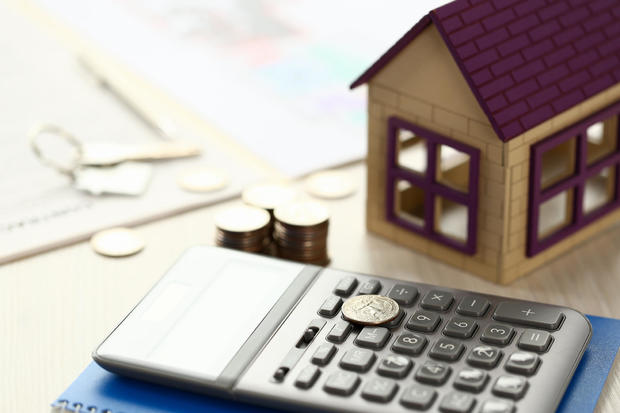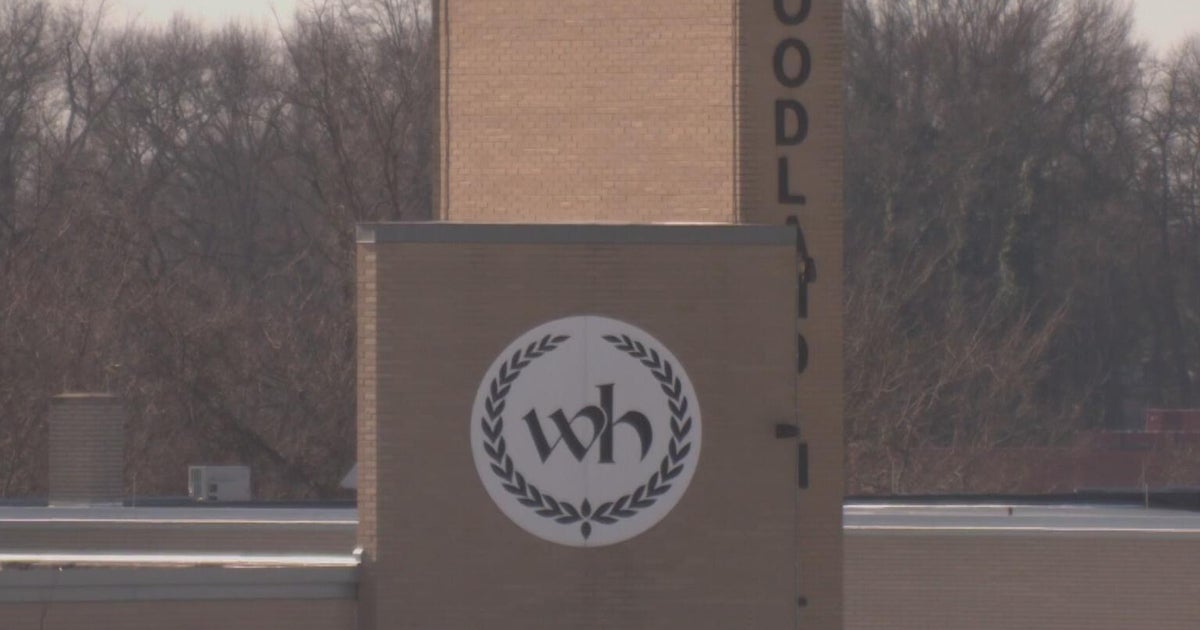How much would a $15,000 home equity loan cost per month?
If you're a homeowner, and you need to borrow $15,000, you're likely in luck. You may be able to borrow the money you need against your home equity at a competitive interest rate. In fact, the average home equity loan interest rate ranges from 8.70% to 8.72%. That's a meaningful savings over the average interest rates that personal loans or credit cards come with - 12.18% and over 21%, respectively.
And, chances are that you have plenty of equity available to you. If you're like the average homeowner, you have around $299,000 in home equity and you can safely borrow about $193,000 of it. Then again, you should only access your home equity if you're confident that you can afford to make the payments. After all, these loans are backed by your home.
But how much would a $15,000 home equity loan cost per month? That's what we will calculate below.
Access competitive interest rates with a home equity loan today.
How much would a $15,000 home equity loan cost per month?
The monthly cost of a home equity loan depends on a few factors.
Factors that affect cost
The factors that affect the cost of a home equity loan are as follows:
- The size of the loan: The amount of money you borrow plays a significant role in the monthly cost of your loan. The higher the loan amount, the higher you can expect your monthly payments to be.
- The loan term: Longer terms tend to come with lower monthly payments. But there's a tradeoff. Shorter terms usually result in a significantly lower interest cost over the life of the loan.
- The interest rate: Your interest rate will play a meaningful role in the monthly cost of your loan - with higher interest rates resulting in higher monthly payments. So, it's important to shop around.
- Your credit rating: Those with better credit scores typically qualify for lower interest rates, resulting in lower monthly payments.
But, you may be able to cut the cost of your loan. "There are only a couple of ways to cut the cost of a home equity loan and that's by borrowing less or having a higher credit rating. Both of these would lower the rate and the resulting payments," explains Mark Charnet, founder and CEO of the financial planning firm, American Prosperity Group.
Find out how much your home equity loan will cost monthly now.
What a 10-year $15,000 home equity loan would cost
The average interest rate on a 10-year home equity loan is 8.72%. A $15,000 10-year home equity loan with an 8.72% interest rate would cost $187.75 per month. And, you would pay $7,529.77 in interest over the 10-year payoff period. So, your total payoff cost would be of $22,529.77.
It's also worth noting that home equity loans typically come with fixed interest rates. So, your payment will be the same every month for the life of the loan. But, if you decide to refinance your home equity loan, your payments could change.
What a 15-year $15,000 home equity loan would cost
The average interest rate on a 15-year home equity loan is currently 8.70%. A $15,000 15-year home equity loan at 8.70% would cost $149.47 per month. The loan would have a total interest cost of $11,905.45 and a total payoff cost of $26,905.45.
Though these payments are lower, it's important to note the difference in time and interest. If you choose a 15-year term, and make minimum payments, it will take you five years longer to pay your loan off and you'll pay an additional interest cost of $4,375.68 when compared to a 10-year term at 8.72% interest. So, you should weigh the pros and cons of a longer term before you take out the loan.
Benefits of using a home equity loan right now
There are a few big benefits that home equity loans come with when compared to other lending options in today's borrowing environment. Some of the most important benefits include:
- Lower interest: Home equity loans typically have lower interest rates than other popular borrowing options like credit cards and personal loans.
- Fixed interest: The Federal Reserve often increases its federal funds rate when inflation is high. And while the federal funds rate doesn't directly impact borrowing rates, it is often used as a benchmark for them. So, when it rises, lenders tend to increase the interest rates they charge. Considering the stubbornly high inflation rate, the fixed rates home equity loans usually come with may be more appealing than the variable rates that home equity lines of credit (HELOCs) usually come with. If inflation continues on its current path, rates could rise, leading to higher HELOC payments in the future.
- Available funding: Since most homeowners have $193,000 worth of equity they can safely tap into, you'll likely have access to plenty of funding to cover your $15,000 financial need if you take the home equity loan route.
Take advantage of the benefits of a home equity loan today.
The bottom line
You'll probably pay between $149.47 and $187.75 per month on a $15,000 home equity loan. And if you need $15,000, a home equity loan may be the best way to access it. After all, these loans usually come with plenty of available funding and lower rates than other options and the fixed rates they come with may be welcomed in today's inflationary environment. Find out how affordable your home equity loan could be today.




